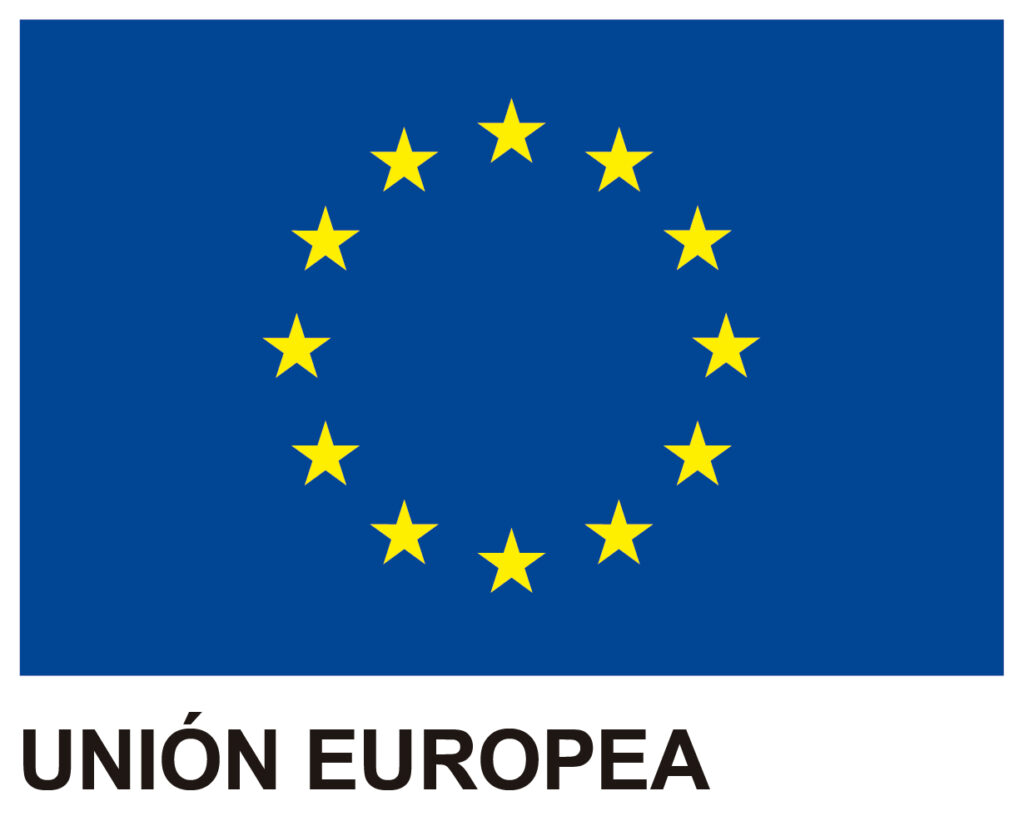Internal auditing, an essential function for ensuring transparency, efficiency, and regulatory compliance within organizations, is experiencing a revolution thanks to emerging technologies. Tools such as artificial intelligence (AI), big data analysis, and advanced cybersecurity solutions are redefining traditional practices, improving accuracy and efficiency, but also generating new challenges.
In this article, we analyze how these technologies are transforming internal auditing and how organizations can adapt to this change.
Impact of Emerging Technologies on Internal Auditing
1. Artificial Intelligence and Machine Learning
AI brings advanced capabilities to process and analyze large volumes of data, identify patterns, and anticipate risks. Some key applications could be:
- Predictive analysis: Identifying irregularities before they occur.
- Fraud detection: Real-time evaluation of suspicious transactions.
- Analysis automation: Reducing the time needed to examine financial and operational data.
Explore how AI-based risk management can benefit your organization.
2. Big Data and Advanced Analytics
The use of big data is transforming internal auditing by allowing a more detailed evaluation of operations and risks. Examples of this:
- Continuous audits: Constant monitoring of critical activities.
- Trend analysis: Identifying patterns to prevent operational problems.
- Benchmarking: Comparing results against industry standards or internal goals.
Discover the advantages of comprehensive solutions for audits.
3. Cybersecurity as a Fundamental Pillar
Internal auditing plays a key role in ensuring that organizations have adequate security controls to protect their digital assets. Focus areas:
Challenges of Digital Transformation in Internal Auditing
- Shortage of technical skills: Internal auditors need to develop new competencies, such as data analysis and cybersecurity knowledge, to maximize the value of these tools.
- Change management: Resistance to adopting new technologies can delay digital transformation in audit teams.
- Regulatory and ethical compliance: The adoption of advanced technologies must align with international regulations and standards, ensuring that processes are transparent and ethical.
How to Adapt to the Digital Age in Internal Auditing
1. Training and Skills Development
Invest in training for internal auditors to acquire skills in technological tools and advanced data analysis.
Learn how training in regulatory compliance can prepare your team for digital transformation.
2. Adoption of Digital Platforms and FUll Process Automation
From data collection to the execution of complete audits, technology will allow optimization of time and costs. Implement comprehensive solutions like GlobalSuite Solutions to automate audit processes and centralize risk management.
3. Integration of AI and Big Data
Leverage AI-based tools to optimize risk analysis and obtain actionable insights from massive data.
4. Culture of Innovation and Continuous Audits
Promote an open mindset towards technological adoption, facilitating the transition to new audit models. Real-time monitoring will replace traditional periodic audits, allowing constant supervision of risks.
How Can We Help You?
The digital age is redefining internal auditing, presenting both opportunities and challenges. Organizations that adopt advanced technologies, invest in training, and foster a culture of innovation will be better prepared to take advantage of the benefits of this transformation.
Contact us to discover how we can strengthen your audit strategy. Our specialized audit team helps organizations integrate advanced technologies into their internal audit processes, ensuring an effective transition to the digital age.



